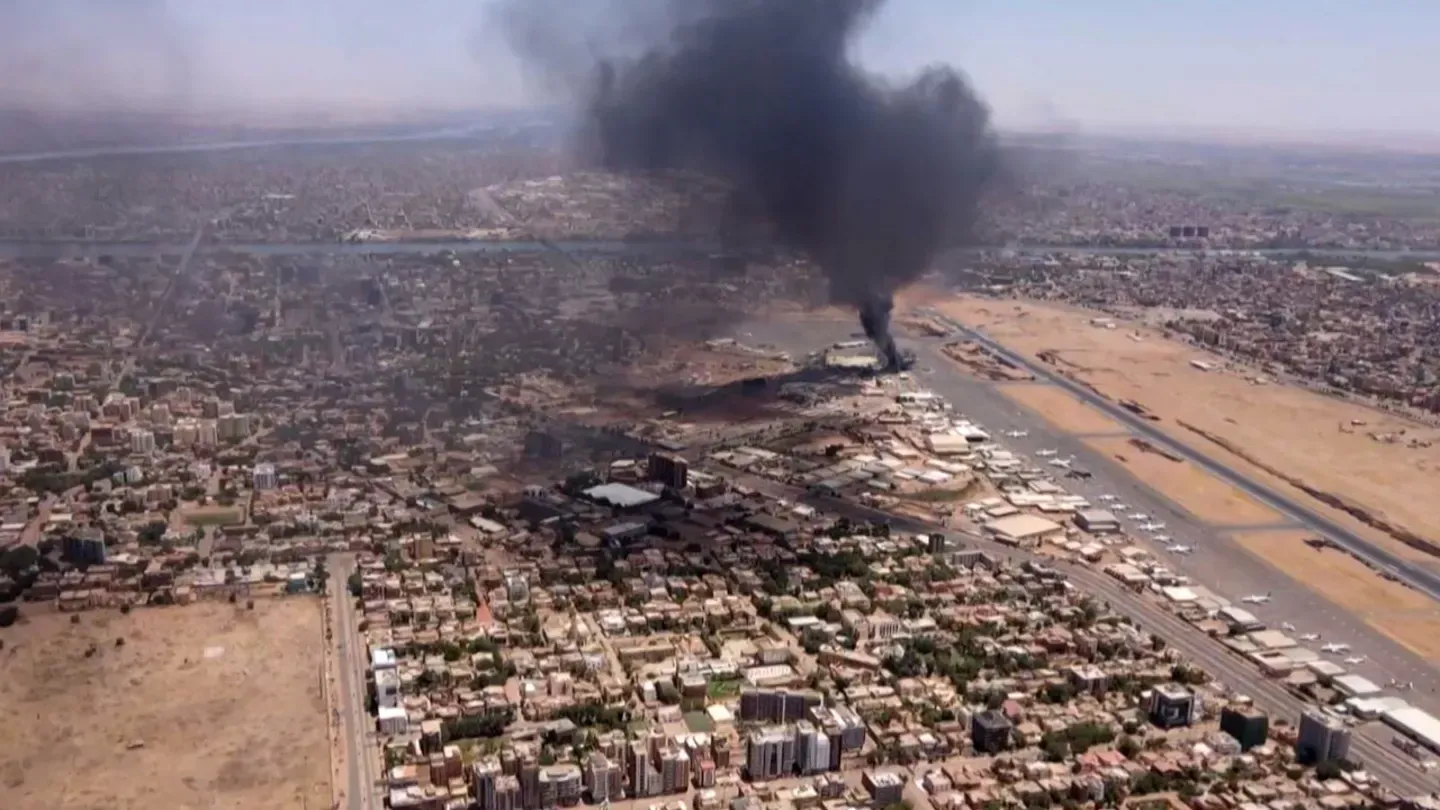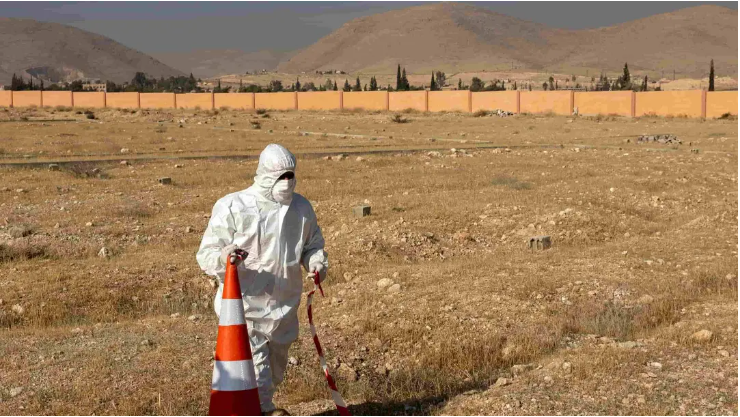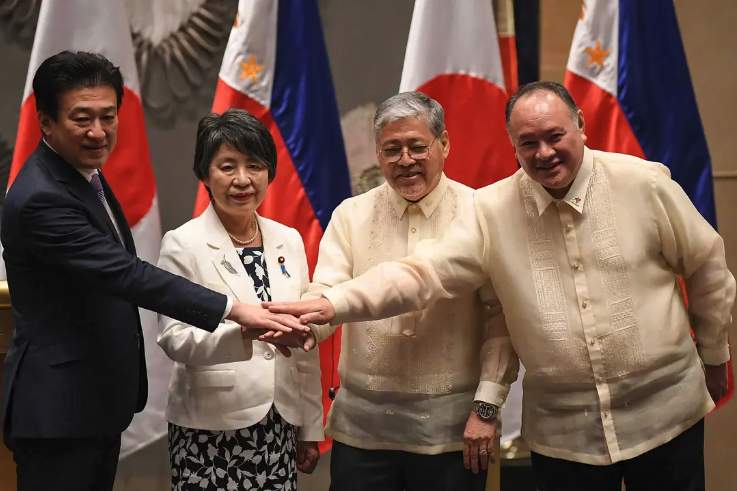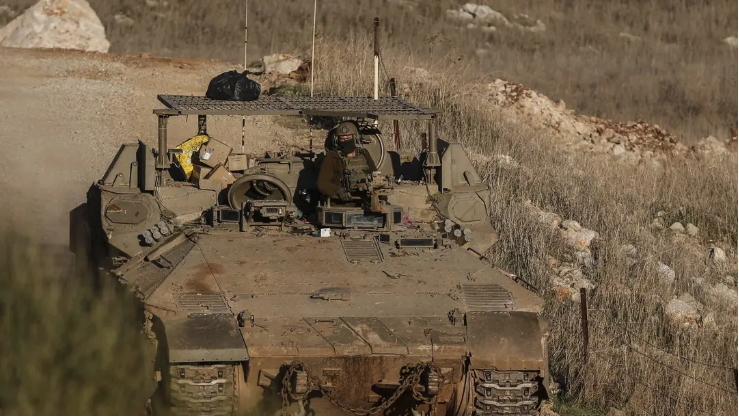Sudan: Pentagon Prepares for Possible Evacuation of US Embassy
A spokesman for the US Dept. of Defense stated on Thursday that the US is carrying out "prudential planning" for several contingency operations, including a possible evacuation of American personnel from the US Embassy in Sudan.

Facts
- A spokesman for the US Dept. of Defense stated on Thursday that the US is carrying out "prudential planning" for several contingency operations, including a possible evacuation of American personnel from the US Embassy in Sudan.1
- He added that the Pentagon is monitoring the deteriorating situation in the East African country, particularly in and around its capital Khartoum. The US military is deploying additional capabilities nearby in the region, with two senior officials claiming that troops are being moved to Djibouti.2
- Military evacuation seems to be the only way to safely escape the country as Khartoum's international airport has been left inoperable by fierce fighting between Sudan's army and the paramilitary Rapid Support Forces (RSF). Clashes broke out on Saturday, forcing the roughly 70 Embassy staffers to begin sheltering in place.3
- A US official familiar with the planning reported that papers had been drawn up at the State Dept. for an evacuation order and that the embassy staff was contacted on Thursday morning to discuss options, reportedly assessing that traveling by road would be more hazardous than by air.4
- The State Dept. reportedly hopes for a potential ceasefire in the upcoming Eid holiday, which could create the ground conditions to support an evacuation operation. About 50 of the estimated 16K Americans in Sudan, most of whom are dual nationals, had contacted the US Embassy asking for help as of Wednesday.5
- Over 330 people have reportedly been killed and almost 3.2K injured so far during the fighting between forces loyal to two rival generals — the head of Sudan's army Abdel-Fattah al Burhan [al-Burnhan] and the RSF's leader Mohammed Hamdan Dagalo — who have been competing for power since they joined forces to bring about the 2021 military coup.6
Sources: 1Wall Street Journal, 2New York Times, 3FOX News, 4POLITICO, 5CNN, and 6Business Insider.
Narratives
- Establishment-critical narrative, as provided by Foreign Policy. While it is undeniable that al-Burhan and Dagalo are primarily responsible for the current fighting, the US may also be blamed for this outbreak of violence as it compelled civilian protesters in 2019 to form a flawed transitional government with the military, retreating from a long-awaited, decisive democratic push, and trusted military leaders once again following the 2021 coup. Even more harmful was the US-backed Sudanese security sector reform, which created competition between both generals as neither of them wanted to give up power.
- Pro-establishment narrative as provided by Responsible Statecraft. Despite coming as no surprise to close observers, tensions between forces loyal to al-Burhan and Dagalo, former allies now turned foes as they fight to rule the country, have slowly simmered under the oversight of several diplomatic actors that failed to coordinate divergent actors. While the US could indeed have been more diplomatically engaged in Sudan, its main mistake was to lose leverage believing that regional powers would promote democracy in the country without Washington exerting any pressure.






